The 26th of January is Australia’s national day, uninspiringly called Australia Day. It marks the day that the first fleet landed in Port Jackson in 1788, marking the birth of the penal colony and settlement that would one day become the city of Sydney.
It’s marked by barbecues, binge drinking, fireworks, concerts, beach cricket, backyard cricket, street cricket, Triple J’s Hottest 100 (The top songs of the previous year as voted by you! It’s the world’s largest music democracy, according to an ad I heard on Triple J one year), and maybe getting into a fistfight or two. It’s a bank holiday, and usually a pristine and sparkling example of Australian summer sunshine – so people take advantage by doing all of the above.
The problem with Australia Day is not the date, it is the manner of celebration and the collective ignorance and ambivalence with which we white Australians typically treat our Indigenous compatriots
But every year with increasing resonance a group protests the revelry and argues for a date change. For a broad coalition of Indigenous groups, January 26th marks the point at which their people were scattered and destroyed and their societies began the slow crumble to what we see today. It is, in short, the date which marks the beginning of Australian colonisation – a day of mourning for many.
The campaigners say that what the white folk call “Australia Day” is more accurately called “Invasion Day”, and is a painful reminder of everything they’ve lost over more than 200 years of colonial subjugation and dispossession. It’s an argument I have some sympathy for. Australia Day is advertised as a celebration of ‘Straya, but I’ve never seen this. As far as I can tell, it’s more clearly about coming together over how much we enjoy getting fucked up on a weekday and about how nice the weather is. People wear flags, paint them on, stick them to their cars, but these cosmetic trappings of nationalism are about as deep as it goes.
Which is why changing the date won’t change anything. The problem with Australia Day is not the date, it is the manner of celebration and the collective ignorance and ambivalence with which we white Australians typically treat our Indigenous compatriots. The campaign running at the moment is to change the date to May 8, which sounds a bit like Maaaaaaate if you say it in a ridiculously broad Australian accent.
But while it might be chilly in May, Australians will roll their sleeves up and wade in fully to the work of getting fucked up, earth-shatteringly, blackout drunk wearing Union Jack and Southern Cross paraphernalia while screaming “Aussie Aussie Aussie, oi oi oi”. The date will have changed, but our collective amnesia won’t have. We won’t be any less ignorant over the Stolen Generations, Indigenous massacres, or the colonial diseases that wiped-out thousands. We won’t all of a sudden be cognizant of the lines that run from those first moments right up to today in the form of broken homes, a desperate lack of opportunity, and mass incarceration of Indigenous Australians.
Which is why changing the date won’t change shit. Australian Day should never have been a day of pride without layers of sadness. Whatever Australia is or becomes, it will always have been built on the back of dispossession and genocide, so a national day of any kind will always be an awkward fit.
So why not change the thrust of the day instead of the day itself? Instead of a nationwide beer drinking race, Australia Day should be devoted to gaining a clear and unambiguous view of Australian history. Instead of beach cricket and barbecues, Australia Day should be about knowledge and learning, learning about the past miseries we have inflicted upon the Aboriginal People. It’s not as fun as getting shitfaced, no doubt, but it is a way to continue moving towards a fairer and more inclusive Australian society.
Tom Melville grew up in Australia and is now studying in London


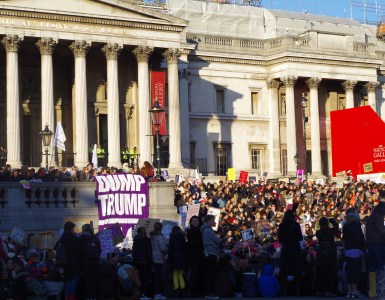
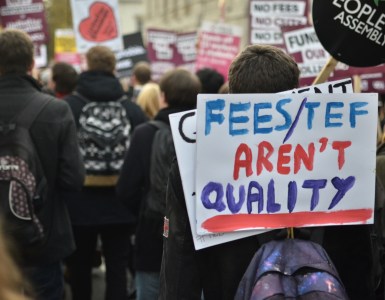
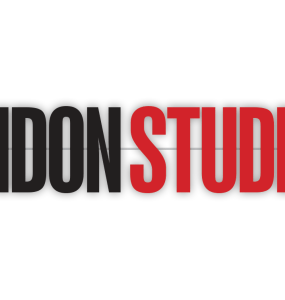

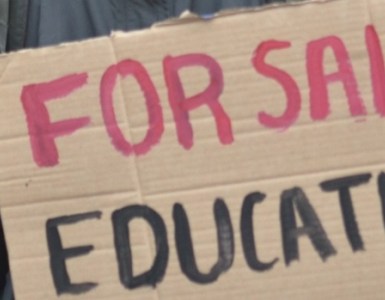
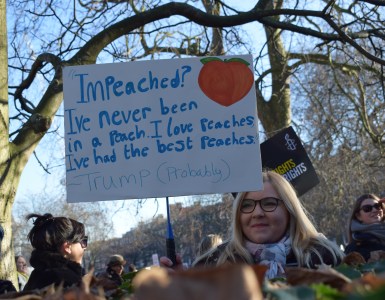

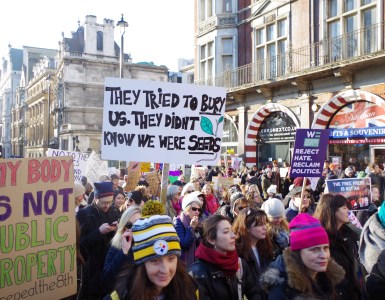


Add comment